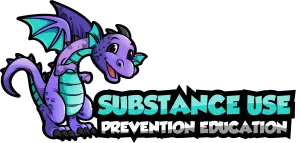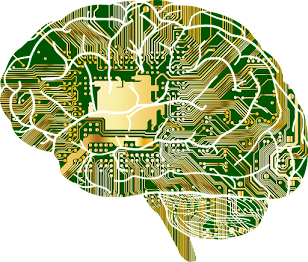Grief and Loss
Coping and Understanding Loss
Grief and Loss
1. Stages of grief: The grieving process is often described in terms of stages, although it's important to note that not everyone experiences these stages in the same way or order. The commonly recognized stages of grief include denial, anger, bargaining, depression, and acceptance. These stages provide a framework to understand the emotional journey that individuals may go through.
2. Emotional and physical responses: Grief can elicit a wide range of emotional and physical responses. Emotionally, individuals may experience sadness, anger, guilt, anxiety, confusion, or a sense of emptiness. Physically, grief may manifest as fatigue, sleep disturbances, changes in appetite, headaches, or other physical symptoms.
3. Individual experiences: Grief is a deeply personal and unique experience. Each person may grieve in their own way and timeframe. Factors that influence the grieving process can include the nature of the loss, the individual's personality, their relationship with the person or thing they have lost, their support system, and their cultural or religious beliefs.
4. Coping strategies: There is no "right" way to grieve, but there are healthy coping strategies that can support the healing process. These include seeking support from loved ones or support groups, expressing emotions through talking or creative outlets, maintaining self-care routines, engaging in physical activity, practicing relaxation techniques, and seeking professional help when needed.
5. Complicated grief: While grief is a normal response to loss, in some cases, it may become complicated or prolonged. Complicated grief is characterized by intense and long-lasting symptoms that significantly interfere with daily functioning and well-being. If grief becomes overwhelming and persists without improvement over an extended period, it may be helpful to seek professional support from a mental health provider.
6. Grief and self-care: Taking care of yourself during the grieving process is essential. This includes getting enough rest, eating balanced meals, engaging in physical activity, and seeking support from others. It's important to be patient with yourself and allow yourself to grieve at your own pace.
7. Memorializing and honoring the loss: Finding ways to honor and remember the person or thing that was lost can be an important part of the healing process. This may involve creating a memory box, writing a letter, planting a tree, or participating in rituals or ceremonies that hold personal significance.
Remember that grief is a natural response to loss, and there is no "normal" timeline for the grieving process. It's essential to be compassionate with yourself and allow yourself to feel and express your emotions in your own way. If you find that grief is overwhelming or impacting your ability to function, consider seeking professional help to support you through the healing process." (Source: ChatGPT 2023)
Getting over a breakup – how to let go and move on Article
Grappling With Grief : A guide for the Bereaved
I Wasn't Ready to Say Goodbye: Surviving, Coping and Healing
After the Sudden Death of a Loved One Brook Noel / Pamela D. Blair
On Grief and Grieving : Finding the Meaning of Grief Through the
Five Stages of Loss Elizabeth Kübler-Ross / David Kessler
Unattended Sorrow : Recovering from Loss and Reviving the Heart
Stephen Levine
PDF Document Download
Document Download
Vernon Chalmers - From Darkness into Light... At Kirstenbosch
Vernon Chalmers - My Thoughts on Love, Loss and Grief Mental Health and Motivation













